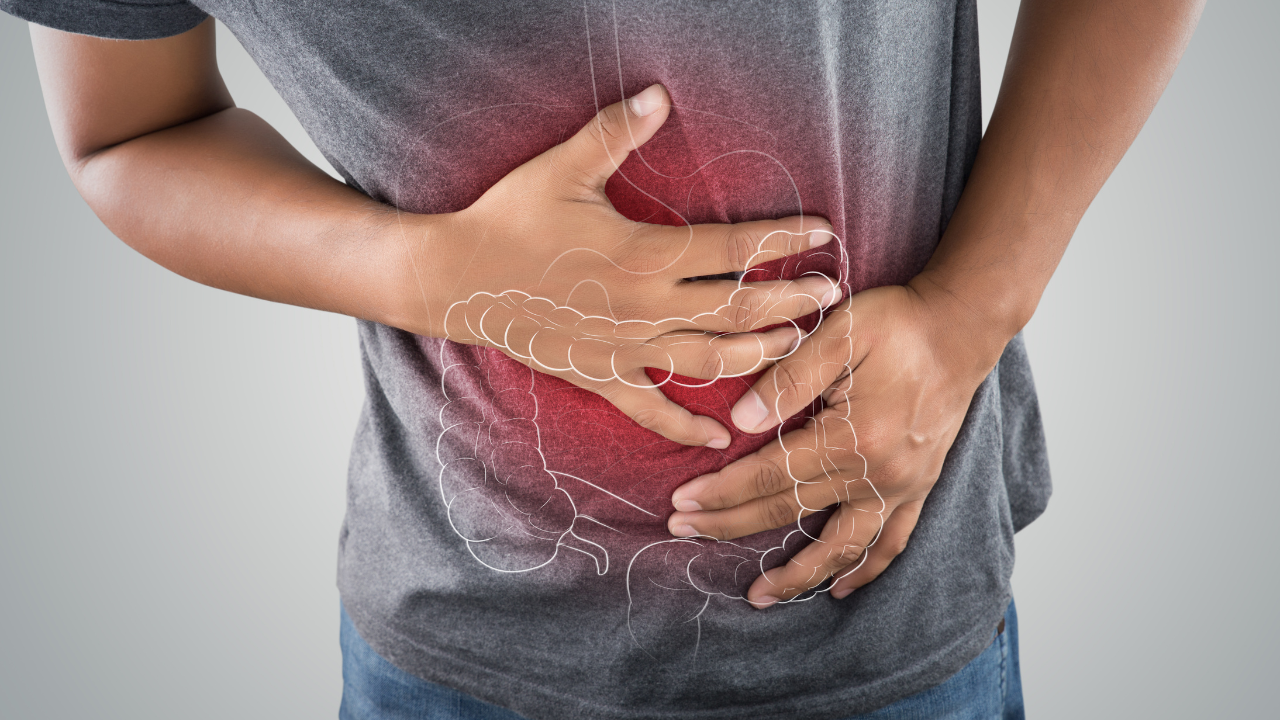SYMPTOMS
Indigestion Treatment in Dubai

Indigestion is a general term that describes a number of related symptoms that are typically made worse by eating. Indigestion is common. Most people have suffered from indigestion at one time or another – maybe after a heavy meal, a big night out, or during pregnancy.

What is indigestion?
‘Indigestion’ can mean different things to different people. Some people experience pain or discomfort, often burning, at the top of their abdomen (dyspepsia). Others mean a dull burning pain behind the chest bone or an acid taste in the back of the throat that can come on after a heavy meal or in bed at night (heartburn and acid reflux). Others may mean belching or burping more frequently, experiencing frequent nausea, or getting bloated after eating. And others may mean a sensation of food becoming stuck when they eat (dysphagia) or bringing up food or bitter-tasting fluid into the mouth. The one thing that they have in common is that the symptoms are often made worse by food. Symptoms often come and go, rather than being present all the time. However, some people have frequent indigestion symptoms, which can greatly affect their quality of life.
What are the causes of indigestion?
As indigestion can mean a number of different symptoms, it is not surprising that there are a number of different causes. Common causes of indigestion include acid reflux and GERD, gastritis (with or without Helicobacter pylori infection), stomach ulcers, functional dyspepsia, SIBO, and gallstones. Stomach and esophageal cancer are rare causes of indigestion. A number of medications including aspirin and non-steroidal anti-inflammatory painkillers (NSAIDs) may cause indigestion symptoms.
How is indigestion investigated?
Taking a careful history is the most important step to help understand exactly which indigestion symptoms are occurring and in guiding further investigations. Tests may include breath tests (to look for Helicobacter pylori and to check for SIBO), an abdominal ultrasound scan (to check for gallstones), or a gastroscopy (to check for signs of reflux and GERD, gastritis, Helicobacter pylori infection, and cancer).
Should I see a doctor for indigestion?
Very infrequent ‘indigestion’ is probably nothing to worry about. But if it becomes more frequent, and certainly if you are experiencing indigestion more than once a week, it would be sensible to make an appointment to speak with Dr Neil. Most causes of indigestion are benign and easily treatable – but more serious diseases such as ulcers or even cancer can also cause indigestion. By seeing Dr Neil, serious diseases can be quickly excluded and if necessary, appropriate treatment can be started.

Dr Neil has over 25 years of experience in investigating and treating indigestion. If indigestion symptoms are affecting your quality of life or if you are concerned about your symptoms, make an appointment to consult Dr Neil in Dubai, today. He will spend time carefully understanding exactly which symptoms you are experiencing before arranging any appropriate tests and treatments.
